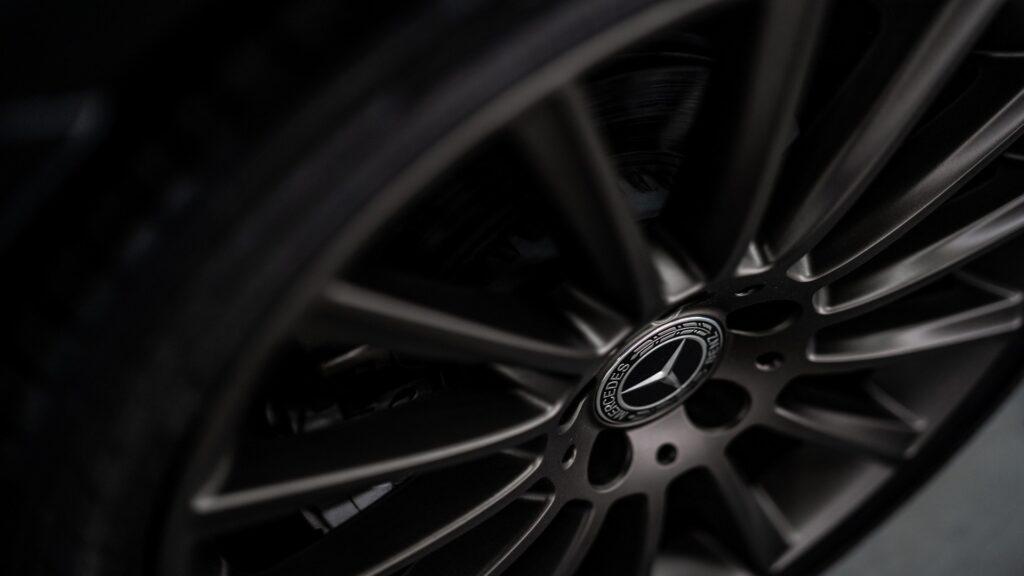Maximising Your Tyre’s Life – Tips & Tricks
Car tyres are an essential component of a vehicle, providing a vital link between the car and the road. However, their importance is often overlooked, and many drivers take their tyres for granted. In this blog, we will discuss the factors that affect tyre lifespan and provide some tips to help you maximise the life of your tyres.
How often should tyres be replaced?
Tyres should be replaced when they show signs of wear or tyre damage, such as worn treads, bulges, cracks, or punctures. It’s important to inspect your tyres regularly, at least once a month, to check for any damage or signs of wear.
Your driving habits can also affect the lifespan of your tyres, such as hard braking or accelerating, which can cause them to wear out faster. Additionally, the date of manufacture of your tyres can also play a role in when they should be replaced.
The lifespan of a tyre depends on several factors including driving conditions, driving style, road conditions and maintenance which play a significant role in determining the lifespan of a tyre.
8 tips to maximise your tyre’s life
1. Check your tyre pressure regularly:
Proper air pressure is essential for tyre longevity. If a tyre is underinflated, this can cause a premature wear and blowouts. If a tyre is overinflated, the sidewall and tread become harder, decreasing the traction and performance on the road. Therefore, it’s essential to check your tyre pressure regularly and adjust it as needed.
2. Rotate your tyres:
Rotating your tyres regularly can help to ensure even wear and extend their lifespan.
3. Avoid overloading your vehicle:
Overloading your vehicle can put extra strain on your tyres, leading to premature tyre wear and tear.
4. Drive carefully:
Aggressive driving habits, such as hard braking and accelerating, can significantly shorten the lifespan of a tyre. Therefore, it’s important to drive carefully and avoid aggressive driving habits.
5. Avoid driving on rough roads:
Rough roads can cause damage to your tyres, shortening their lifespan. Where it is not possible to avoid rough roads consider your speed to avoid damaging tyre.
6. Have your tyres checked regularly:
Regular tyre checks can help to identify any damage or wear and tear early, allowing you to address it promptly.
7. Check your tyre tread depth:
Tyre tread wear can significantly affect the lifespan of a tyre. It’s essential to regularly check your tyre tread depth and replace them before it reaches the tread depth legal limit for safety driving, especially on wet roads. In NZ, the law requires all vehicles to have a minimum tread depth of 1.5mm across the tread pattern. Keep it in mind that the more tread depth on your tyre, the better gripping you will get for maximum safety.
8. Choose the right tyres for your vehicle:
Different vehicles require different types of tyres, so make sure that you choose the right tyres for your vehicle. An important factor is to check the tyre size found on the sidewall of the tyre to ensure it matches the tyre size provided on the door jamb of your vehicle. Other factors to consider when purchasing the right tyres are the type of vehicle you are driving, the driving conditions, and the climate.
Finally, don’t try to extend the life of your tyres beyond their recommended lifespan. Even with proper care, all tyres will eventually wear out and need to be replaced. Check your owner’s manual for guidance or seek professional advice from your near service centre on when to replace your tyres, and don’t delay if they’re worn or damaged to ensure safety.

Don’t Stop Here
More To Explore
AT vs HT Tyres: Which Ones Truly Suit Kiwi Roads?
If you drive around New Zealand long enough, you’ll hit every sort of road you…
How to Repair a Punctured Off-Road Tyre in Remote Locations
When you’re off the beaten track in the backblocks of New Zealand, a flat tyre…
Why Your Car Acts Funny in Winter (And What You Can Do About It)
Ever tried to start your car on a frosty winter morning and wondered why it…



